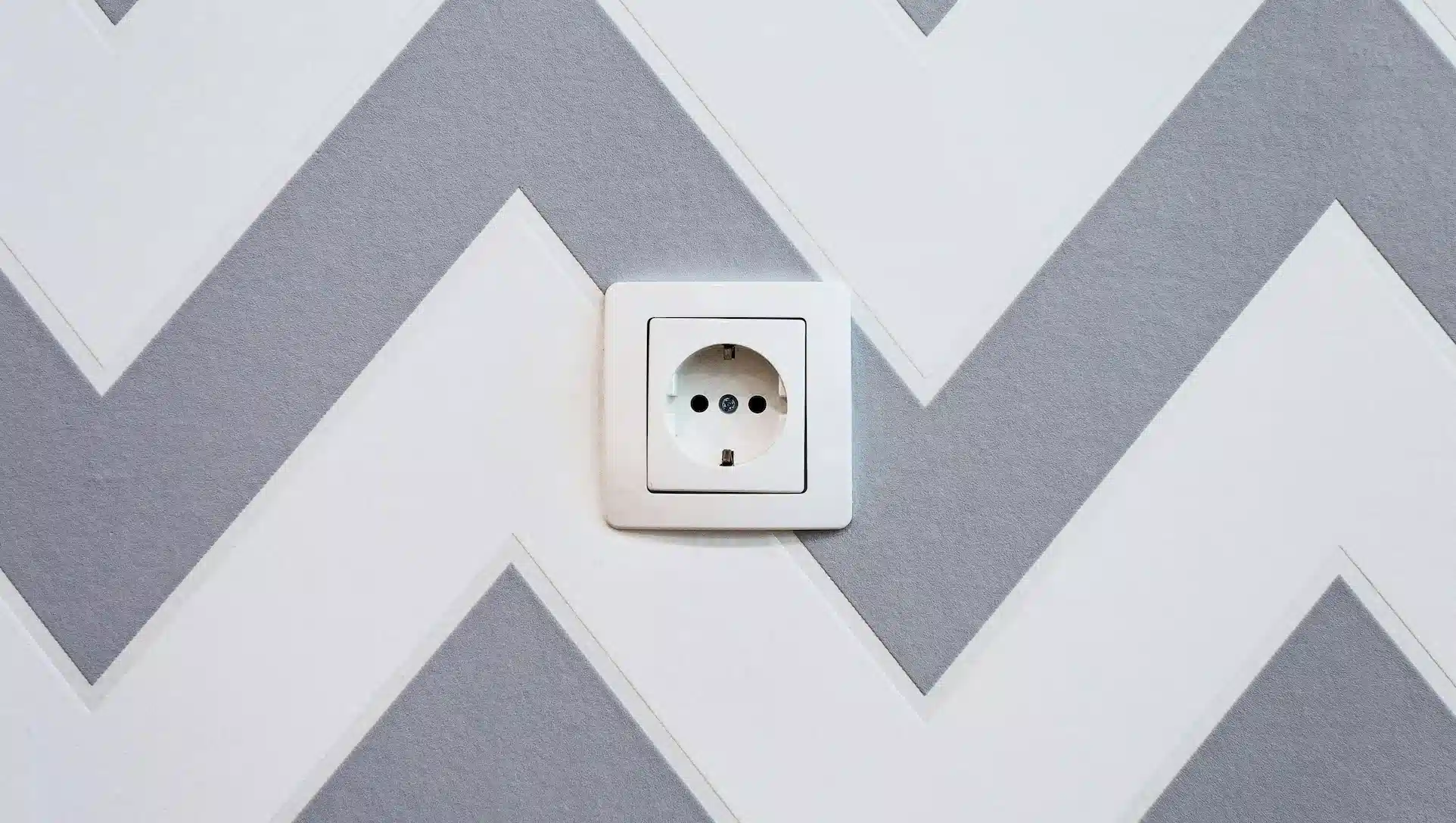
France Plug Types in 2026: What Travelers Need to Know
Sarah Pardi - December 30, 2025
Home > Travel Planning > France Plug Types in 2026: What Travelers Need to Know
Share this post
Anyone planning a trip abroad to France needs to do a little bit of prep work to make sure that they can charge their devices and use their electronics while abroad.
Plugging in your phone at the end of the day or your curling iron as you get ready in the morning are repeated so many times that we tend to overlook them.
Depending on where you currently live, both the shape of electrical sockets/plugs and the voltage that streams through them may be different in France.
This means a couple of things. One, your plugs might not fit into the wall, meaning you can't use your electronics/charge them. Second, the voltage difference can impact your devices and may even pose a safety hazard.
We're going to take a look at what you need to do and bring to make sure that your phone is charged, your hair is styled, and it's all done safely!

What type of electrical plug is used in France?
France uses Type C (pictured below) and Type E plugs. Type F plugs can also be used. These three plug types can fit into the same electrical socket. They have two cylindrical prongs (or pins as they're called in the electrical world). E and F are grounded, while C is not.
When a plug is grounded, it simply means it has a safety feature that helps prevent against electrical shocks.

Do you need an adapter?
Whether or not you need an adapter depends on where you live and the type of electrical plugs used there.
If you're from the US, Canada, the UK, Ireland, Australia, and many other countries, you will need to get an adapter to plug in your electrical devices.
Which adapter you need for France
You need to get an adapter with Type C/E prongs. They can be Type C or E, or both. C and E are compatible with each other and can be used interchangeably.
You just need to make sure that the adapter you choose can fit your plug from home. Adapters have prongs that you plug into the wall and a socket for you to plug your cord into. They work similarly to Christmas lights that end in a socket, so you can plug them together. Except this time, there are no magical lights ?
Worry-free France
Make sure you get affordable French travel insurance for your upcoming trip ?
If you're from the US: You need an adapter with a Type C or E plug and a socket that fits a Type A or B plug.
Luckily, most adapters say exactly who they are for and where. For example, an adapter will likely be called "US to France adapter" or "North America to France adapter".
If you're from the UK: you need a Type C or E plug, but you need to make sure its socket fits a Type G plug. You should be able to easily find an adapter by searching "UK to France plug adapter".

What you need to know about voltage
If you're traveling to France from the UK, voltage likely won't be a concern, since the UK and France both run on 220 - 240.
However, if you're traveling to France from somewhere else, like the States, for instance, the voltage may be different.
The United States runs on a lower voltage than France (100 - 127).
This difference in voltage can affect electronic devices, since products are designed to handle specific amounts of voltage, not necessarily more or less.
Luckily, most modern electronics are "dual voltage" (like cell phones and laptops). This means that they can handle lower levels and higher levels. They're designed to operate safely and effectively on both.
But some electronics, particularly older ones and most hair styling tools, do not run on dual voltage.
If you have a curling iron from the States, for example, and use it in France (with your adapter), you might find that it gets way too hot (the plug included). That's because it was designed for the lower voltage of the United States.
Conversely, the opposite effect would happen if you brought a French curling iron to the States. Designed for a higher voltage, it might not get hot enough, or work at "half speed" as there isn't enough voltage to power it to its full potential.
While many people use their single-voltage tools abroad, it isn't generally recommended without a voltage converter. It's a safety issue, and the incorrect voltage could short out your tool, rendering it useless.
Transformers and converters
Travel voltage converters exist (also called transformers). If you want to bring your single-voltage hair curler, straightener, or blow dryer abroad and use it safely and effectively, it is worth it to invest in a voltage converter.
Again, providing the voltage differs from France in your home country.
If you're traveling from the US or Canada, you will want to find a 220v to 110v travel voltage converter.
These can easily be found online, and some even come in kits with adapters, so you have everything you need.
If you're not sure whether or not you need a converter, you can always reach out to the brand that made your device to find out what voltage it runs on.

FAQs about France plug types
Related posts
Upcoming travels ? Get Insured !
Find the right insurance for your trip by using our powerful comparison tool!
Sarah Pardi - February 19, 2026
Sarah Pardi - February 13, 2026
Sarah Pardi - February 12, 2026
Sarah Pardi - February 6, 2026





